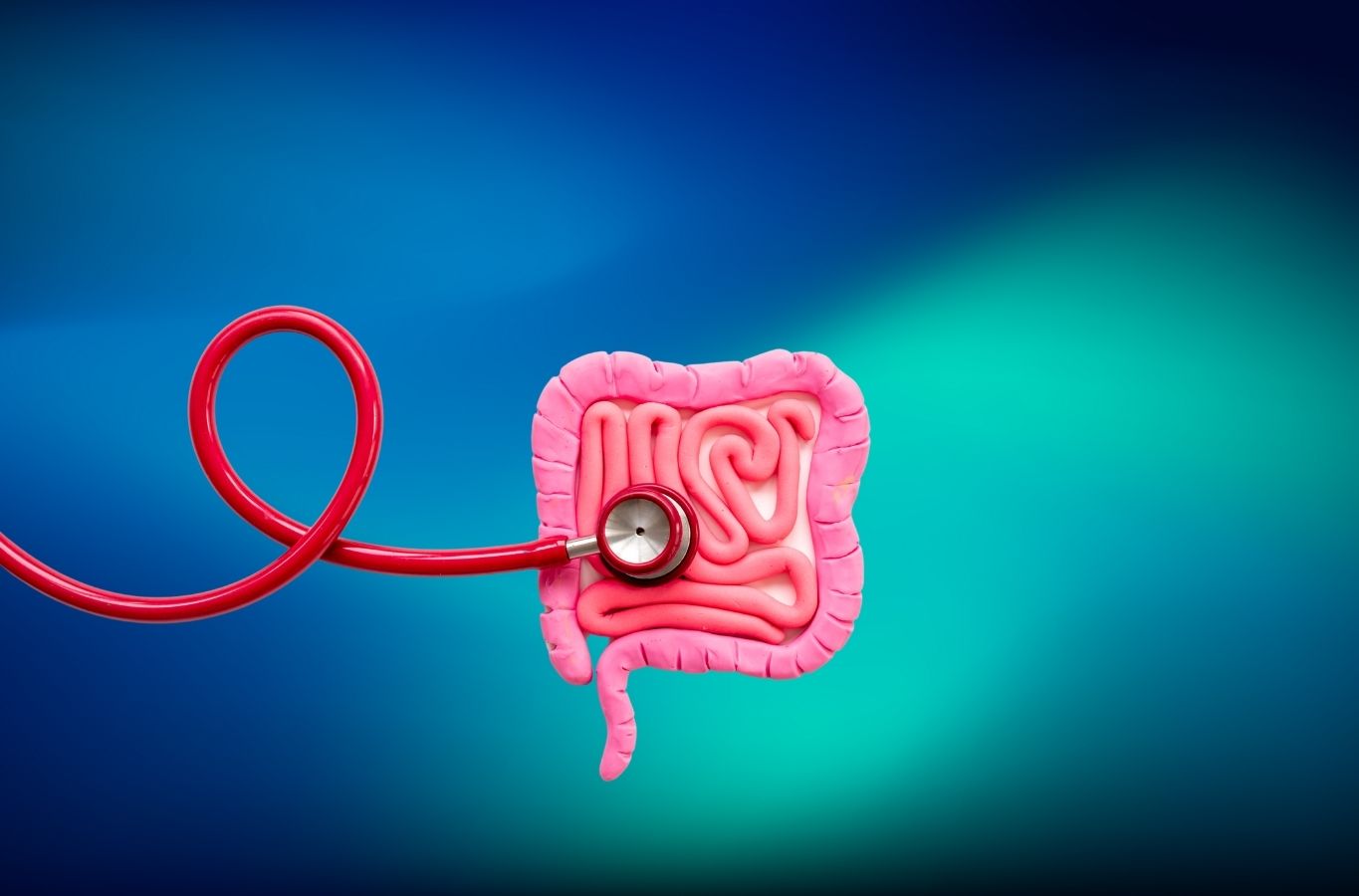
What is Colon Cancer (Large Intestine Cancer)?
Colon cancer is a type of cancer that develops as a result of uncontrolled growth of abnormal cells in the large intestine (colon). The colon is an important part of the digestive system and helps to remove waste materials from the body. This cancer can develop in any part of the colon, but is most common in the rectum. Colon cancer is usually asymptomatic at an early stage, so regular health checks are of great importance.
What Causes Colon Cancer?
Although the exact causes of colon cancer are not known, some factors increase the risk of developing this disease. The risk of colon cancer increases with age; individuals over the age of 50 are at higher risk. A family history of colon cancer, genetic factors and some inherited diseases (e.g. Lynch syndrome) are also factors that increase the risk. In addition, factors such as high-fat and low-fibre diet, obesity, smoking and alcohol use, chronic bowel diseases may also increase the risk of colon cancer.
Colon Cancer Symptoms
In the early stages of colon cancer, there are usually no symptoms, but as the disease progresses, some symptoms may appear. Common symptoms of colon cancer can be:
- Blood or mucus in the faeces
- Constipation, diarrhoea or change in stool habits
- Abdominal pain, bloating or cramps
- Loss of appetite and sudden weight loss
- Fatigue and weakness

How to Prevent Colon Cancer?
Healthy living habits play a major role in the prevention of colon cancer. Adopting a balanced, fibre-rich diet, exercising regularly, avoiding excessive alcohol consumption and smoking are effective measures to reduce the risk of colon cancer. In addition, screening tests such as colonoscopy are critical to detect precancerous polyps or early stage cancer. People with a family history should not neglect regular check-ups in consultation with their doctor.
How is Colon Cancer Diagnosed?
Colon cancer is usually diagnosed with a colonoscopy test. During a colonoscopy, the doctor inserts a thin tube into the large intestine and views the inner surface. If cancerous cells are detected, a biopsy is taken and a definitive diagnosis is made. In addition, a faecal occult blood test is a screening method prior to colonoscopy. Other tests such as computed tomography (CT) or sigmoidoscopy can also be used to determine the stage of the cancer.
Colon Cancer Treatment Methods
Treatment of colon cancer depends on the stage of the disease and individual health status. The following methods are commonly used in the treatment of colon cancer:
- Surgical intervention: Surgical removal of cancerous tissue is the most common treatment.
- Chemotherapy: Used to kill cancer cells or stop their growth.
- Radiotherapy: It is used to destroy cancer cells with high-energy rays.
- Immunotherapy and targeted therapy: Treatment methods that strengthen the immune system and target cancer cells.


